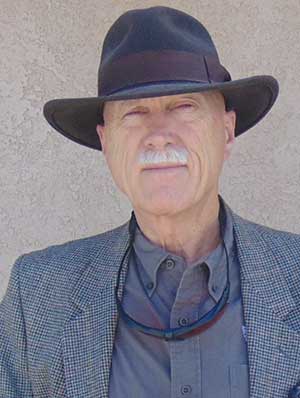By Dean Weingarten


Arizona – -(Ammoland.com)-
The 11th Circuit has released their en banc ruling on Wollschlaeger v. Florida. They partly reversed the three judge panels ruling on whether doctors have the right to interrogate patients on gun ownership, and record the answers in medical records, outside of reasons concerning individual patient care. The three judge panel had asserted that the state had a compelling interest in protecting Second Amendment rights, and could regulate licensed doctors to do so. The legislation in question is the Firearms Owners’ Privacy Act (FOPA).
The 11Circuit asserted that doctors were merely private actors. As private actors, they have not legal authority to take away patients firearms. From uscourts.gov:
The first problem is that there was no evidence whatsoever before the Florida Legislature that any doctors or medical professionals have taken away patients’ firearms or otherwise infringed on patients’ Second Amendment rights. This evidentiary void is not surprising because doctors and medical professionals, as private actors, do not have any authority (legal or otherwise) to restrict the ownership or possession of firearms by patients (or by anyone else for that matter). The Second Amendment right to own and possess firearms does not preclude questions about, commentary on, or criticism for the exercise of that right.
The new ruling also stated that fears that electronic databases that contained private firearms information could be misused and subject to hacking were merely “hypothetical” and therefore not usable to support the FOPA legislation.
The state officials rely in part on the panel’s assertion that the challenged FOPA provisions are constitutional because there is a danger that information electronically stored by doctors and medical professionals about firearm ownership might be subject to hacking, theft, or some other intrusion. See Wollschlaeger IV, 814 F.3d at 1195 n.22 & 1197. Under heightened scrutiny, however, a court may not come up with hypothetical interests and rationales (or discover new evidence) that might support legislation that restricts speech.
The ruling upheld the right of patients to refuse to give information about private ownership of guns to doctors, and the provision of the law that forbids discrimination based on firearms ownership.
The record-keeping, inquiry, and anti-harassment provisions of FOPA violate the First Amendment, but the anti-discrimination provision, as construed, does not. The district court’s judgment is affirmed in part and reversed in part, and the case is remanded so that the judgment and permanent injunction can be amended in accordance with this opinion.
With the election of President Trump, and the potential of the repeal of Obamacare, concerns of federal abuse of medical records have been slightly reduced. But the major reason for concern of the mix of doctors, medical records, and information about gun ownership, is that a data base of gun owners would be abused.
It is likely that gun owners will compare this ruling to the recent ruling in the Ninth Circuit, where a purely hypothetical rational was used to uphold a waiting period for gun purchases. From uscourts.gov:
The district court’s assumption is not warranted. An individual who already owns a hunting rifle, for example, may want to purchase a larger capacity weapon that will do more damage when fired into a crowd. A 10 day cooling-off period would serve to discourage such conduct and would impose no serious burden on the core Second Amendment right of defense of the home identified in Heller.
It seems a hypothetical reason is impermissible in the 11th circuit as a reason to protect Second Amendment rights, but is permissible in the 9th circuit to uphold infringements on the Second Amendment.
It is unknown if Wollschlaeger v. Florida will be appealed to the Supreme Court. Only a limited number of cases that are appealed to the Supreme Court are accepted.
©2016 by Dean Weingarten: Permission to share is granted when this notice is included.
About Dean Weingarten;
Dean Weingarten has been a peace officer, a military officer, was on the University of Wisconsin Pistol Team for four years, and was first certified to teach firearms safety in 1973. He taught the Arizona concealed carry course for fifteen years until the goal of constitutional carry was attained. He has degrees in meteorology and mining engineering, and recently retired from the Department of Defense after a 30 year career in Army Research, Development, Testing, and Evaluation.
